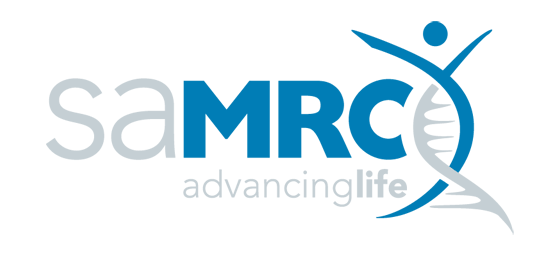Social Anxiety Disorder (SAD)
Stellenbosch University is conducting neuroimaging research in social anxiety disorder (SAD)
Brain imaging research in the past has largely been focused on looking at regional differences in activity in the brain. So for example, researchers demonstrated that in the brains of people with SAD, there might be more activity in the amygdala (a part of the brain involved in anxiety) than would be expected in people without the disorder. While this work remains important, such regional differences only represent part of the picture!
Functional connectivity research is a recent method of brain analysis that allows scientists to examine how multiple, widespread connections in the brain result in these regional differences in activity. Groups of these connections form what are known as ‘neural networks’ and several of such networks have so far been detected. There is some evidence that one network in the brain (called the default mode network) may play a role in how social information is processed (social information includes our perceptions and thoughts about other people and how they perceive us).
We are interested in networks in the brains of SAD sufferers and whether they differ from those without the disorder. We want to investigate whether network differences can be linked to how people with SAD process social information. We also want to see the effect of treatment (using an established treatment for SAD – moclobemide) on these networks.
As part of our research, we soon plan to recruit 15 volunteers with SAD and 15 volunteers without SAD (for comparison) to take part in a study that aims to begin in January 2015. All participants will undergo two types of brain scan (FDG PET/CT and fMRI) and a series of psychological tests. SAD volunteers will then receive an 8-9 week course of moclobemide followed by repeat testing and scanning. Excluding the initial (screening) visit, SAD participants will need to attend 8 study visits over the course of 9 weeks, while control participants will need to attend 4 study visits over the course of 1-2 weeks. Participants will be reimbursed for their food and travel costs.
Eligibility criteria:
• Over the age of 18
• Fluent in English (the psychological tests are only available in English)
• Right-handed (left-handed people’s brains are different)
• Not pregnant or breastfeeding
• No dominant psychiatric conditions other than Social Anxiety Disorder (SAD participants)
• No significant psychiatric conditions at all (volunteers without SAD)
• Not currently on any medications for a psychiatric condition, or willing to temporarily interrupt medications to participate in the study.
• Not on any medications that might interfere with moclobemide (SAD participants)
• No previous or current medical conditions that directly affect the brain, (including previous head injury with loss of consciousness or brain surgery), no metal implants in the skull, no diabetes (affects the scan)
• Able to lie still in a scanner for up to an hour at a time
If you are interested (either as a SAD participant or as someone without SAD), please speak to any of the investigators:
Prof Christine Lochner (cl2@sun.ac.za ): Tel: 021 – 938 9179
Dr Alex Doruyter (doruyter@sun.ac.za): Tel: 021 – 938 5290




